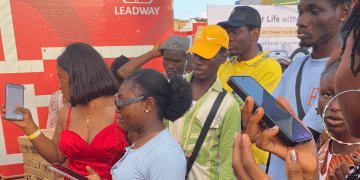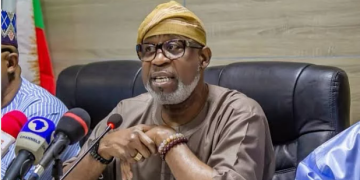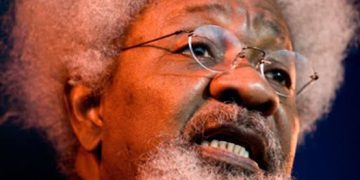Donald Trump has been elected to return to the White House as the 47th United States president after a fierce presidential election early November 2024 where Vice President Kamala Harris and Trump ran a tight neck-to-neck race to the White House in what has been described as the “closest race in history” of United States Presidential elections.
The victory vote was called for the Republican candidate by The Associated Press news agency early on Wednesday, November 6, 2024. His victory stirred a flurry of international congratulations at the time but there is fear today that it is likely to birth further uncertainty to a turbulent geopolitical situation.
The Daily Crucible reports that the US citizens are following Trump’s promises to enact an agenda that would transform nearly every aspect of American government, which include plans to launch the largest deportation effort in the nation’s history and perhaps use of the Department of Justice to punish his enemies.
Scott Lucas, a professor of international politics at the University of Dublin, reportedly told Al Jazeera that the world is entering a dangerous era with Trump’s second coming.
“We are going into a much more dangerous era for Americans and for the world because this will not be a coherent US policy for America but one pursued for Trump,” Lucas said.
Already, the US President-elect, Donald Trump is preparing to re-enter the White House, January 21.
Drawing inspiration from past experience, Universities across the USA are warning international students, including Nigerians, to be aware that executive orders on immigration could affect their status in the US. They don’t want to be caught unaware again.
Expectedly, the universities across the States have started sending a flurry of notices to their international students, including Nigerians to return before Donald Trump’s inauguration January 21 or risk travel ban as was the case during his first time.
The University of California-Berkeley is one of such universities that has sent cautioned message on its website to international students to resume classes while the tenure Joe Biden lasts.
“During the first four years of the Trump administration, a travel ban was imposed that impacted multiple countries, and resulted in many/some international students encountering difficulties re-entering the US to resume classes,” the University of California-Berkeley recently posted on its International website.
“Whether such policies will be implemented again and/or blocked by the courts or via other means is unclear. Out of an abundance of caution, we are recommending a return to the United States prior to January 20,” it added.
Cornell University’s Office of Global Learning issued a similar warning to students of a travel ban that “is likely to go into effect soon after inauguration”.
“The ban is likely to include citizens of the countries targeted in the first Trump administration: Kyrgyzstan, Nigeria, Myanmar, Sudan, Tanzania, Iran, Libya, North Korea, Syria, Venezuela, Yemen and Somalia,” a statement from the office said, adding that students, faculty and staff from these countries should be back in the US before the term begins on January 21.
Columbia University, the centre of the pro-Palestine protests that swept educational institutions across the USA in the spring also sent out a warning.
“As we do with administrative changes at all levels of government, Columbia is gathering relevant information on the incoming administration,” university spokeswoman Samantha Slater said in an email to the Columbia Spectator.








































